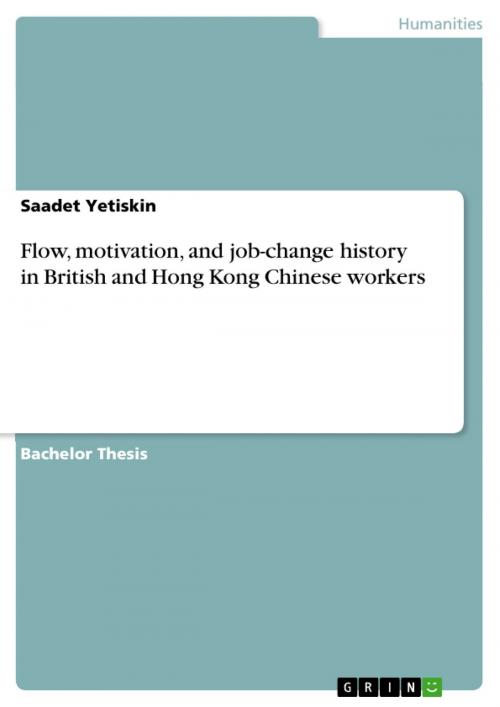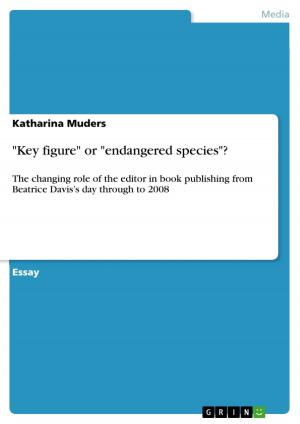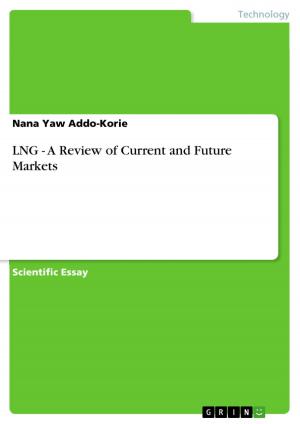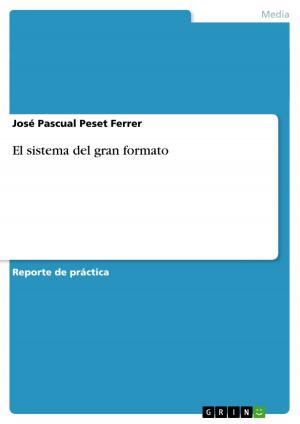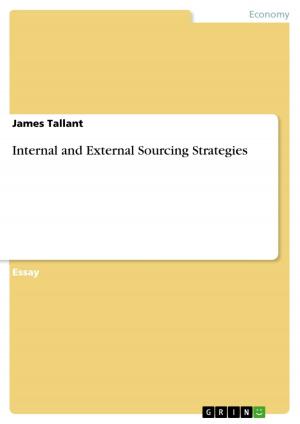Flow, motivation, and job-change history in British and Hong Kong Chinese workers
Nonfiction, Health & Well Being, Psychology, Occupational & Industrial Psychology| Author: | Saadet Yetiskin | ISBN: | 9783640541324 |
| Publisher: | GRIN Publishing | Publication: | February 18, 2010 |
| Imprint: | GRIN Publishing | Language: | English |
| Author: | Saadet Yetiskin |
| ISBN: | 9783640541324 |
| Publisher: | GRIN Publishing |
| Publication: | February 18, 2010 |
| Imprint: | GRIN Publishing |
| Language: | English |
Bachelor Thesis from the year 2009 in the subject Psychology - Work, Business, Organisational and Economic Psychology, grade: B + (62), London Metropolitan University, course: BSc Psychology, language: English, abstract: Flow is a state of optimal engagement in, and intrinsic enjoyment, of an activity. This study investigated the role of employment position and the prevalence of flow in work. In agreement with Self-Determination Theory (Ryan & Deci, 2000) and McClelland's (1958) Theory of Needs it was hypothesised that managers will be more likely to experience flow in work. The relationship between employment position and job change history also was investigated. In agreement with Herzberg's (1966) Motivator-Hygiene theory it was hypothesised that managers will show less job changes in their career. In context with the poised hypothesis the differences in motivational traits between managers and subordinates were also explored. A sample of 36 UK Nationals consisting of 20 mangers and 16 subordinates completed the Work Questionnaire (FWQ) and the Work Preference Inventory (WPI). The analysis was based on two samples. The Chinese sample encompassed 4 managers and 50 subordinates. The results supported the first hypothesis suggesting that flow theory may be relevant to understanding high performance in organisations. There was no support for the hypothesis that there was an association between employment position and job change history. This is the second hypothesis put forward in this study. Implications of this study were discussed in term of the insight that flow may provide into high performance in the work context.
Bachelor Thesis from the year 2009 in the subject Psychology - Work, Business, Organisational and Economic Psychology, grade: B + (62), London Metropolitan University, course: BSc Psychology, language: English, abstract: Flow is a state of optimal engagement in, and intrinsic enjoyment, of an activity. This study investigated the role of employment position and the prevalence of flow in work. In agreement with Self-Determination Theory (Ryan & Deci, 2000) and McClelland's (1958) Theory of Needs it was hypothesised that managers will be more likely to experience flow in work. The relationship between employment position and job change history also was investigated. In agreement with Herzberg's (1966) Motivator-Hygiene theory it was hypothesised that managers will show less job changes in their career. In context with the poised hypothesis the differences in motivational traits between managers and subordinates were also explored. A sample of 36 UK Nationals consisting of 20 mangers and 16 subordinates completed the Work Questionnaire (FWQ) and the Work Preference Inventory (WPI). The analysis was based on two samples. The Chinese sample encompassed 4 managers and 50 subordinates. The results supported the first hypothesis suggesting that flow theory may be relevant to understanding high performance in organisations. There was no support for the hypothesis that there was an association between employment position and job change history. This is the second hypothesis put forward in this study. Implications of this study were discussed in term of the insight that flow may provide into high performance in the work context.
